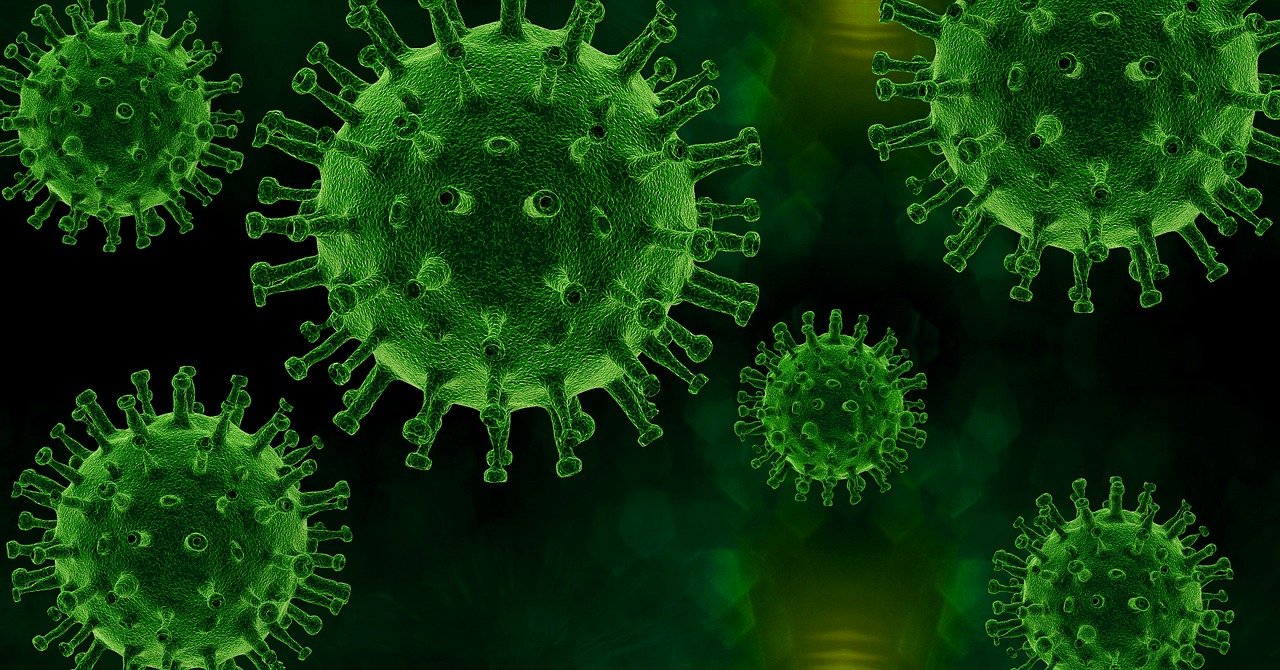The following is a media release from Sen. Elizabeth Warren’s office. She was elected by voters in the Commonwealth of Massachusetts to serve the state in Washington DC in the US Senate. She is a Democrat.
***

WASHINGTON DC – United States Senator Elizabeth Warren (D-Mass.), member of the Senate Health, Education, Labor, and Pensions Committee (HELP), will be introducing a Senate version of Congresswoman Barbara Lee’s (D-Calif.) bill to provide emergency funding for community organizations in medically underserved communities to take action as part of the larger public health effort to contain COVID-19.
The COVID Community Care Act would empower trusted organizations in underserved communities to address mistrust of public health information and provide timely services to combat COVID-19.
This legislation provides grants for community-based organizations and nonprofits to conduct testing, tracing, and outreach activities in communities with higher rates of the virus or who have historically lacked access to the health care system.
[broadstreet zone=”70106″]
The bill also requires that persons hired to conduct engagement have experience and relationships with the people living in the communities they serve.
“COVID-19 has laid bare the systemic racism embedded in the U.S. health care system — that our country’s legacy of discrimination has prevented communities of color from accessing the health care services they need. I’m glad to be introducing Congresswoman Lee’s legislation in the Senate to address the government’s failed response to containing and mitigating COVID-19 and provide much-needed financial support to communities disproportionately impacted by this pandemic,” said Senator Warren.
“COVID is devastating Black and Brown communities. Black, Latinx, Asian and Indigenous people are all dying at disproportionate rates,” said Congresswoman Barbara Lee. “The long history of discrimination and racism in our health care system means we must empower people and organizations at the local level to build trust and get lifesaving public health information and resources to those who need it most. I’m appreciative of Senator Warren’s leadership in the Senate to move this crucial legislation forward. The COVID Community Care Act will ensure that testing, contact tracing, and resources get to the communities of color who have been hit the hardest by this pandemic.”
[broadstreet zone=”70107″]
[broadstreet zone=”59945″]
The coronavirus pandemic has had an especially severe effect on low-income communities,communities of color, and Native communities.
Black and Latinx people are being hospitalized with COVID-19 at higher rates and are dying from COVID-19 at younger ages.
American Indians and Alaska Natives have been especially hard hit by the pandemic and its economic effects.
At the same time, federal pandemic relief resources have not prioritized under-served communities. For example, a study of the Provider Relief Fund found that hospitals with the most revenue from private insurance received more than twice as much funding per hospital bed as the hospitals with the least private insurance revenue.
[broadstreet zone=”59948″]
However, success in any public health crisis also depends on people’s willingness to trust the health information they are getting. This is particularly true of communities that are medically underserved or suffer from health disparities. Contact tracing, testing, and public communication are some of the most effective tools we have for slowing the spread of COVID-19, but they require trust between health care workers and communities. A legacy of discrimination in our health care has created mistrust among Black and Brown people and in Native communities-mistrust so prevalent that it has been documented by the National Institutes of Health.
To address the shortcomings of containing and mitigating COVID-19 in underserved communities, the COVID Community Care Act specifically:
- Creates an $8 billion grant program for community organizations and nonprofits to conduct testing, contact tracing, and outreach in medically under-served communities.
- Complements the “CONTACT” initiative in the HEROES Act, which supports a nationwide test-and-trace initiative run through public health agencies, by engaging trusted community partners to reach communities that public health agencies have difficulty engaging.
- Requires individuals hired for contact tracing to have experience and relationships in medically under-served communities.
- Requires HHS to develop a comprehensive strategy for addressing health disparities.
- Provides $400 million to the Indian Health Service (IHS) to implement a comprehensive program to prevent and respond to COVID-19, in partnership with tribal nations, tribal organizations, and urban Indian organizations.
The COVID Community Act has been endorsed by the National Minority Quality Forum, National Hispanic Medical Association, Asian & Pacific Islander American Health Forum, National Indian Health Board, Partners in Health, SEIU, National Women’s Law Center, Justice in Aging, National Immigration Law Center, and UnidosUS.
The House bill (H.R. 8192) was introduced by Rep. Barbara Lee (D-CA) and is co-sponsored by Rep. Karen Bass (D-CA), Chair of the Congressional Black Caucus; Rep. Robin Kelly (D-IL), Chair of the Congressional Black Caucus Health Braintrust; Rep. Joaquin Castro (D-TX), Chair of the Congressional Hispanic Caucus; Rep. Judy Chu (D-CA), Chair of the Congressional Asian Pacific American Caucus; Reps. Debra Haaland (D-NM) and Sharice Davids (D-KS), Co-Chair and Vice Chair, respectively, of the Congressional Native American Caucus; and more than 50 of their colleagues.
[broadstreet zone=”59984″]

